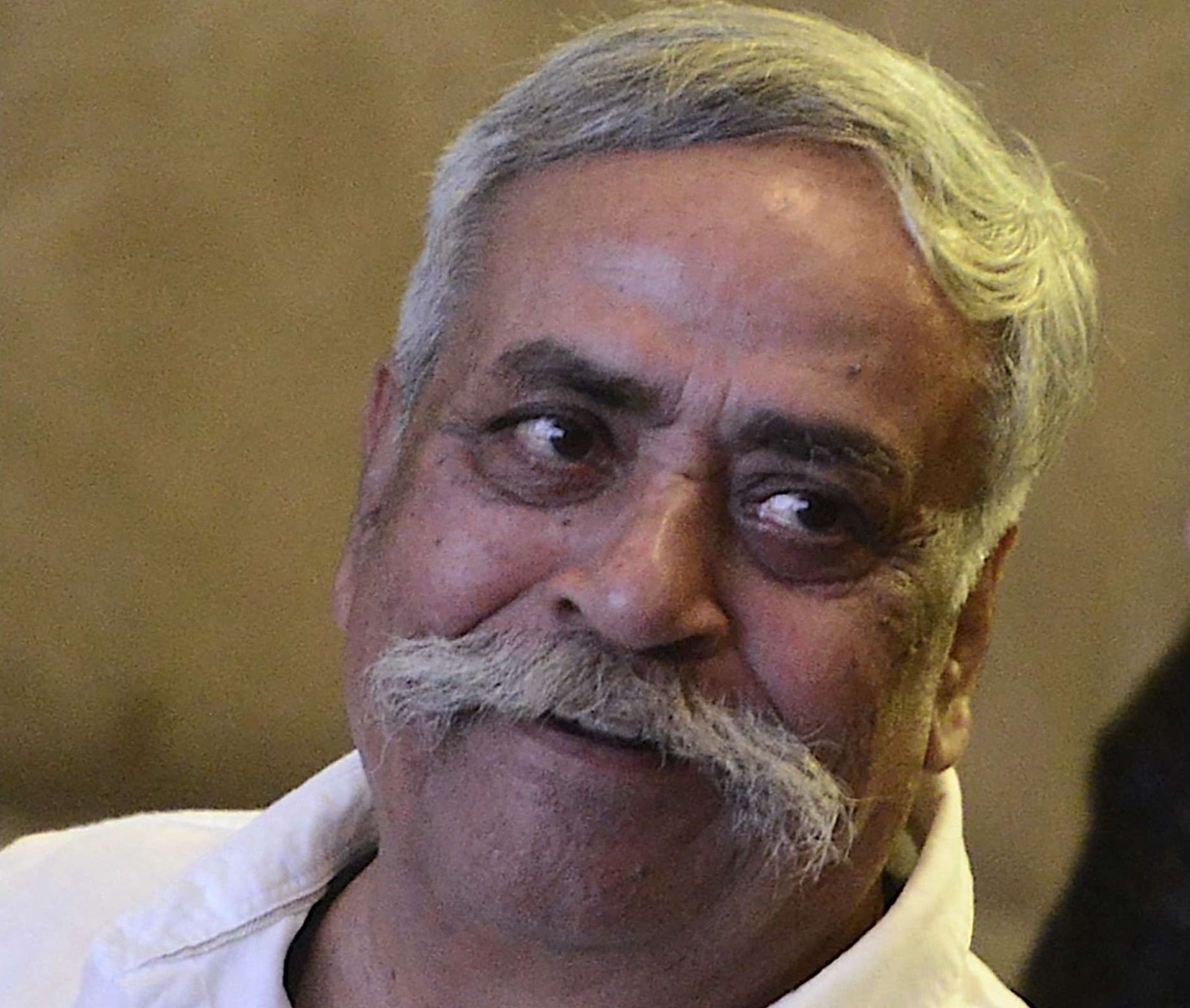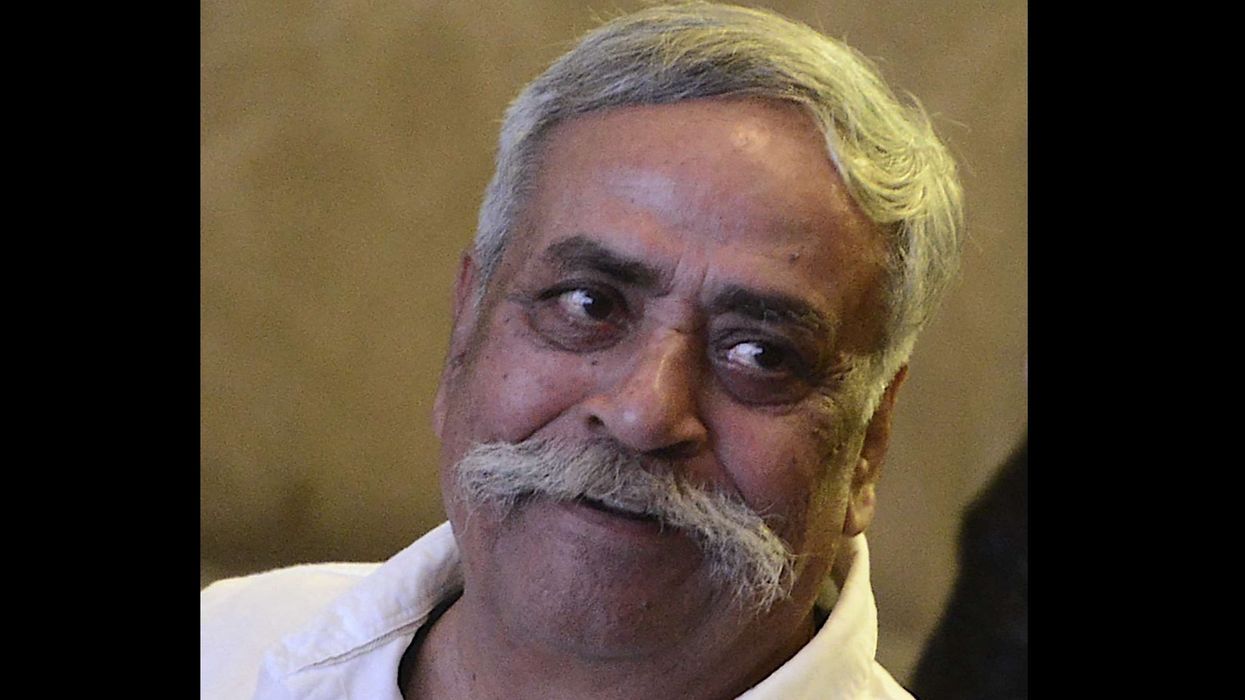Highlights:
- Ogilvy legend passed away Friday at 70 after battling an infection.
- His Fevicol and Cadbury ads became part of everyday life in India.
- Leaders from Modi to advertising world peers paid tribute to his genius.
- Received the Padma Shri in 2016.
Piyush Pandey, the advertising legend behind Fevicol and Cadbury died on Friday. He was 70 and had been sick with an infection. Pandey worked at Ogilvy India for more than forty years and created campaigns that everyone in India knows. His last rites are on Saturday at 11am at Shivaji Park in Mumbai.

Why did his ads feel so different?
The answer is simple: he listened to the streets. When Pandey started at Ogilvy back in 1982, most ads used polished English and westernised settings. He chucked that rulebook out. His campaigns spoke in Hindi, in humour, in the small moments every Indian recognised. Remember the Fevicol egg ad? Or the Hutch pug that followed a kid everywhere? That was his magic. He didn’t talk down to people. He spoke to them. A colleague said, “He changed not just the language of Indian advertising. He changed its grammar.”
- YouTube youtu.be
What marks did he leave beyond advertising?
His ideas even reached Indian politics. The famous line, “Ab ki baar, Modi sarkar” is widely credited to his team and became a central slogan in 2014. It stuck because he knew how to capture a public mood. His work wasn’t all for profit, either. He lent his skill to the Polio eradication campaign and gave us the unifying anthem Mile Sur Mera Tumhara. He received the Padma Shri in 2016, the Lion of St. Mark at Cannes in 2018, and the LIA Legend Award in 2024.He once said, “A Brian Lara can’t win for the West Indies alone. Then who am I?”
- YouTube youtu.be
Who is mourning his loss today?
Just about everyone. The responses show how far his reach extended. Prime Minister Narendra Modi wrote he would “cherish our interactions.” Finance Minister Nirmala Sitharaman called him a “titan” who brought genuine warmth into communication. Uday Kotak recalled Pandey’s knack for simple, human lines; friend Suhel Seth called him a patriot and a fine gentleman.
He’ll be laid to rest Saturday at Shivaji Park. But his ads? They’re not going anywhere. They’re still playing on screens and in the minds of a nation he understood so well.





